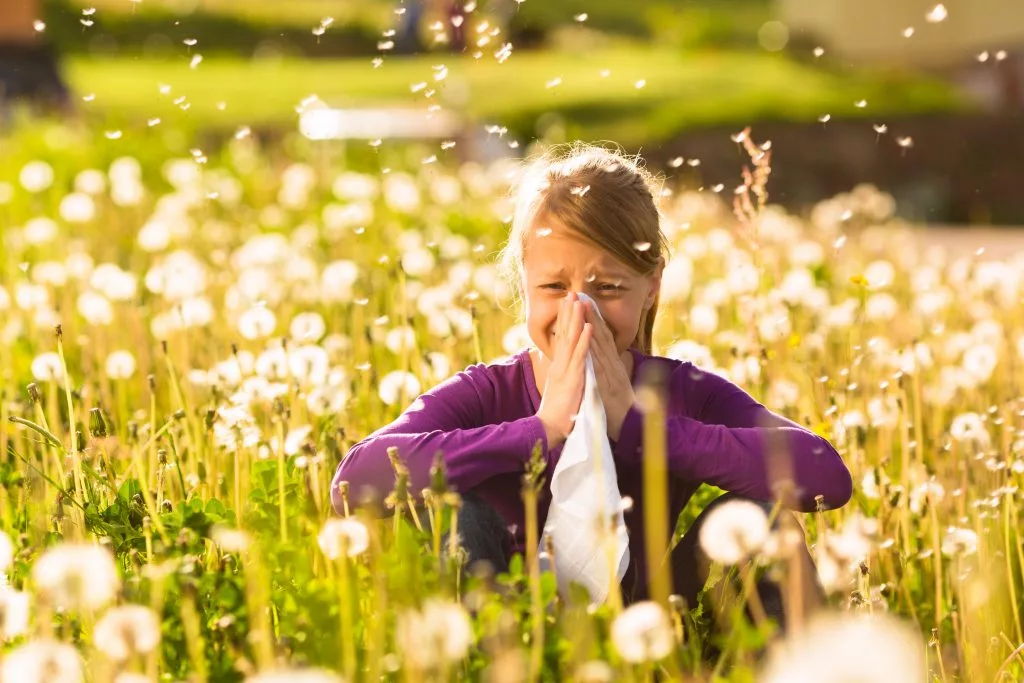Ah, spring allergies, a topic that many of us can relate to! Spring is a beautiful season full of blooming flowers, warmer weather, and longer days. However, for some people, it also brings along the dreaded allergies.
One of the primary causes of spring allergies is pollen. As plants start to bloom, they release tiny grains of pollen into the air. When these pollen particles come into contact with our noses, eyes, or throats, they trigger an allergic reaction. Common allergenic plants during spring include trees like oak, birch, and maple, as well as grasses and various flowering plants.
The symptoms of spring allergies can range from mild to severe. Sneezing, itching, and a runny or stuffy nose are some of the most common symptoms. Itchy and watery eyes, coughing, and fatigue may also accompany these symptoms. Allergies can significantly impact our daily lives, making it essential to find effective ways to manage them.
First and foremost, it’s crucial to identify the specific allergens that trigger your symptoms. This can be done through allergy testing conducted by a medical professional. Once you know your triggers, you can take steps to minimize exposure. Keep an eye on pollen forecasts and try to stay indoors during peak pollen times, usually in the early morning and late afternoon.
Creating an allergen-free environment at home can also make a significant difference. Keep windows closed to prevent pollen from entering your living space. Regularly clean and vacuum your home to reduce dust and allergens. Consider using air purifiers with HEPA filters to trap airborne particles. Additionally, washing your bedding frequently in hot water can help eliminate allergens.
Over-the-counter antihistamines and nasal sprays can provide temporary relief from allergy symptoms. However, it’s essential to consult with a healthcare professional before starting any medication. They can recommend the most suitable options based on your specific needs and medical history.
Natural remedies can also complement traditional treatments. Nasal irrigation with saline solution can help clear nasal passages. Eating a healthy diet rich in fruits and vegetables, which are high in antioxidants, may also support your immune system. Local honey has been suggested to alleviate allergies, although scientific evidence is limited.
If symptoms persist or significantly affect your quality of life, it’s essential to seek medical advice. Allergists can provide personalized treatment plans, including allergy shots or immunotherapy.






